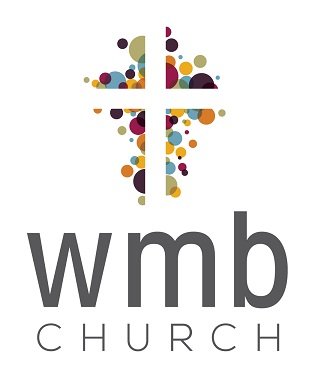Read:
Reflect:
Sometimes important events in the church calendar are overlooked. That is often the case with the ascension of Jesus into heaven forty days after his resurrection. Yet it was a significant event that marked the end of some things and the beginning of others. It is safe to assume that the Ascension was necessary for there to be a Pentecost later on. So we pause to reflect on the major significance of Jesus’ ascension into heaven.
The Ascension marked the end of the visible appearances of Jesus to his followers. But then it also signaled the official exaltation and enthronement of Jesus to full glory and power at the right hand of the Father. Peter expressed this dramatically in his Pentecost sermon.
32 This Jesus God raised up, and of that we all are witnesses. 33 Being therefore exalted at the right hand of God, and having received from the Father the promise of the Holy Spirit, he has poured out this that you yourselves are seeing and hearing. 34 For David did not ascend into the heavens, but he himself says,
“‘The Lord said to my Lord, “Sit at my right hand, 35 until I make your enemies your footstool.”’ [Psalm 110:1]
36 Let all the house of Israel therefore know for certain that God has made him both Lord and Christ, this Jesus whom you crucified.” (Acts 2:32-36)
Clothed in this exalted status, Jesus has all authority to commission his followers to make disciples of all nations, and to be assured of his constant presence (Matthew 28:18-20).
His disciples, still misunderstanding his true mission, asked whether he would now restore the kingdom to Israel (Acts 1:6). Presumably they continued to think in terms of a military, political victory for Israel. Jesus responded with a completely different vision of the nature of the kingdom. They would receive power through a special outpouring of the Spirit so that they could bear witness to Jesus’ death and resurrection and its redemptive, transforming power to the end of the earth (v 8). The Book of Acts narrates the beginning stages of that kingdom witness, which then stretches out even to our own time. After predicting the coming of the Spirit, Jesus was lifted up, and a cloud took him out of their sight (v 9). His disciples must have grasped at least something of the significance of his promise for Luke tells us in his Gospel that:
52 … they worshiped him and returned to Jerusalem with great joy, 53 and were continually in the temple blessing God. (Luke 24:52-53)
Their worship, joy and praise suggests that they were looking forward to the coming of the empowering Spirit as Jesus had promised. So the ascension of Jesus was a significant preparation for Pentecost.
For the disciples who witnessed the ascension there was a clear expectation that they should wait for the day of Pentecost, which came ten days later. But there was another event for which they should wait. As they gazed into the sky watching Jesus disappear two angels appeared with a very special message: Jesus who was taken up would one day return in the same way he left (Acts 1:11). So the disciples, and all Christians since then, have been involved in working for the kingdom empowered by the Holy Spirit. For two thousand years we have waited for our Lord’s return, not idly, but working diligently as witnesses to his redeeming grace.
Respond:
On this Ascension day let us thank God for all that has been given to us after Jesus was taken up, and let us work under his kingdom rule as we wait for his glorious return.
16 For the Lord himself will descend from heaven with a cry of command, with the voice of an archangel, and with the sound of the trumpet of God. And the dead in Christ will rise first.
(1 Thessalonians 4:16)

